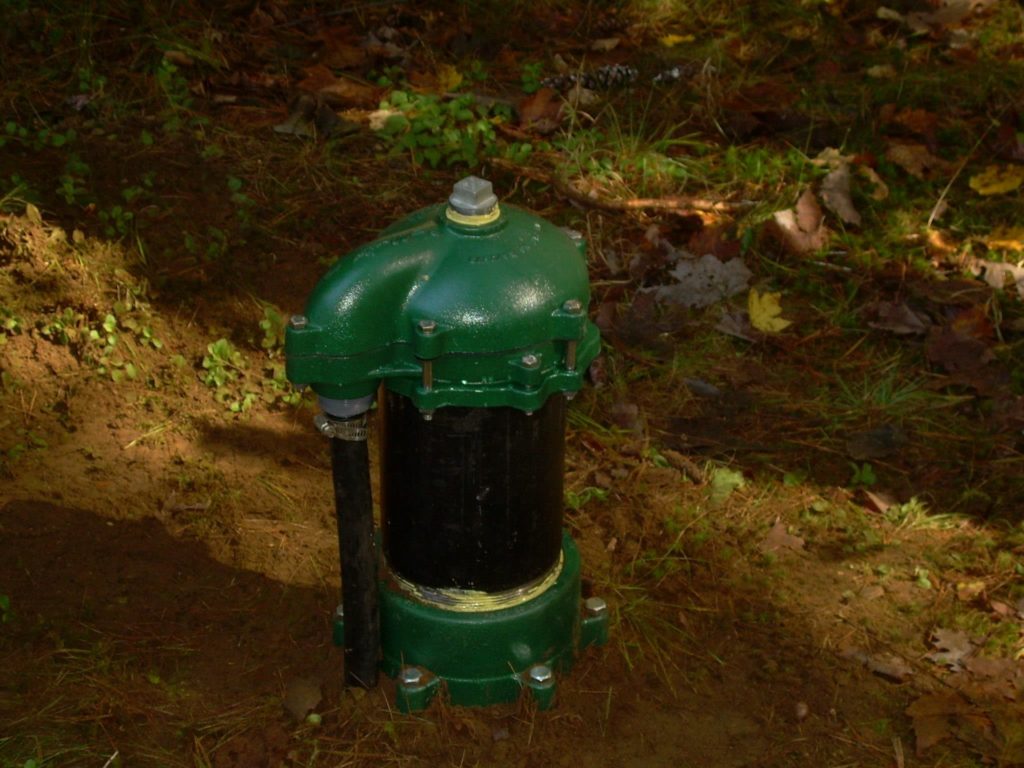If you own a well, you may already know the importance of a secure well cap. However, for those of you who are new to well water or who haven’t learned what a well cap is and how important it is, we’ll review some of the basics here.
What Is a Well Cap?
The well cap is the cover on top of the well casing that sticks out of the ground. Most caps, which are usually aluminum or a thermoplastic, include a vented screen so that the pressure difference between the inside and outside of the well casing may be equalized when water is pumped from the well.
The well cap is the topmost part of your well and it is vital to ensuring that you have a clean water supply. The well cap keeps foreign objects, nitrates and other soil contaminants out of your well. Obviously, this cap must be secure and have no leaks or gaps in order to perform its function properly.
As a responsible well owner, you should know where your well cap is and it should be marked in an obvious way so that others can find it and not trip over it or run into it with a lawn mower or other equipment.
How High Does a Well Cap Need to Be?
The well cap should always be at least a foot above ground level. If it isn’t or the well cap is level with the ground or even worse, underground, then contaminants from runoff, soil, fertilizers, and so on, can get into the well and introduce nitrates into your water supply.
In addition to that, if you live in a cold climate where roads are often salted in winter, you could get an excessive amount of salt making its way into your well water.
If your well cap is not a foot above ground, you can get a well cap extension. Some consider a well casing extension as a natural “next step” to take when performing a jet pump conversion or replacing a submersible well pump in a buried water well. The well will be easier to find (critical in a “no water” emergency). Also, the watertight cap will prevent varmint and insect intrusion, which is vital to the health and safety of your drinking water.
What to Look For When Inspecting Your Well Cap
Well caps should be inspected for corrosion or rust which can make their way into your well. If you find corrosion on your well cap, test your water immediately. Also, conduits attached to above ground well caps might be broken off which is another inspection point.
Some people may leave the cap broken off, leaving the well vulnerable to mice, insects, possum or other intruders. If this happens, the well needs to be tested for contamination including insects, and bacteria or fungi that may have gotten into the well.
If you have any doubts about your well cap or need a new one, give us a call at (800) 344-9977 or purchase one of our premium well caps here.

